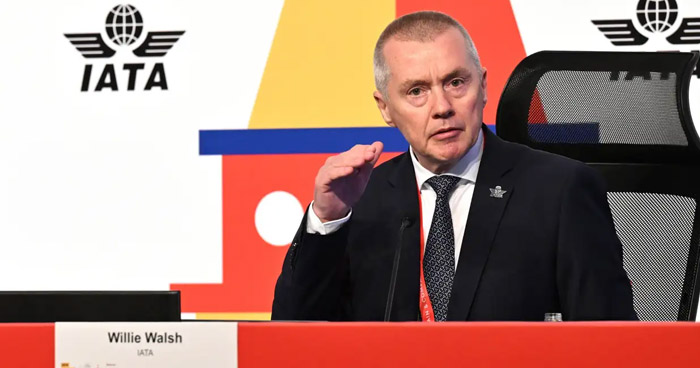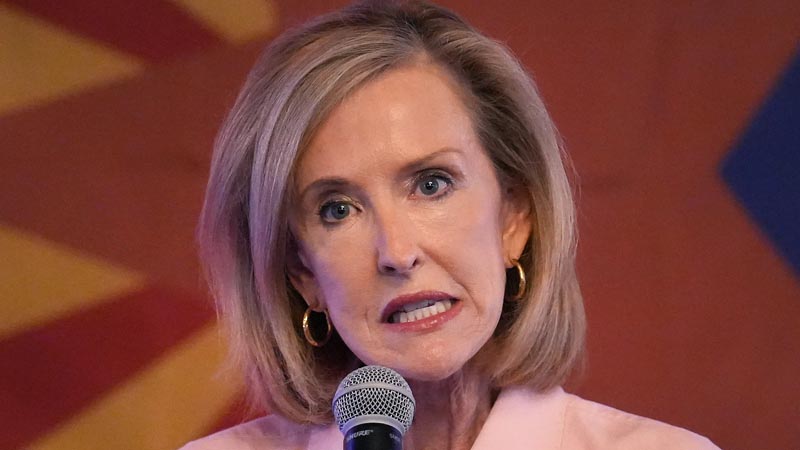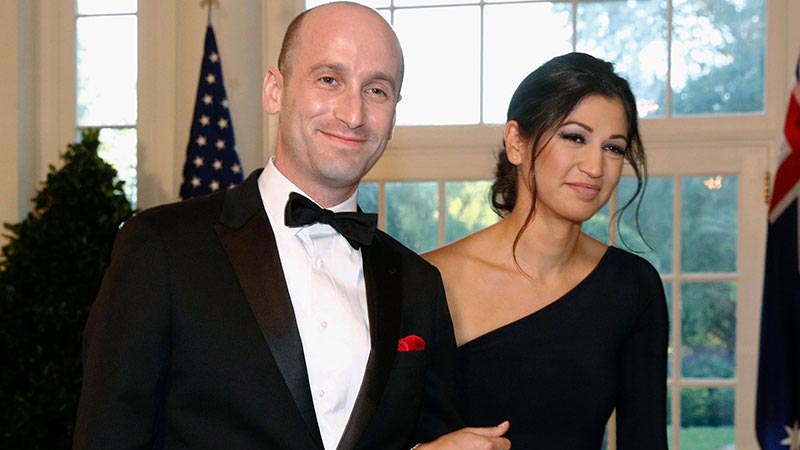Airlines Are Furious At Europe For Making Them More Sustainable

Photo: Serhat Cagdas/Anadolu Agency (Getty Images)
The broad call for more environmentally friendly transportation has deservedly resulted in legislation. The aviation sector hasn’t been any different, and the European Union has agreed to a binding mandate requiring the use of sustainable aviation fuel (SAF). However, many airlines, including the head of the International Air Transport Association, have questioned the EU’s stance on the issue.
According to Reuters, during the global airline trade association’s annual meeting, Director-General Willie Walsh said, “I think it’s fair to portray the EU as being anti-aviation, whereas other parts of the world are very positive, pro-aviation.” The European Union mandated earlier this year that fuel producers ensure that 2% of fuel sold at EU airports is SAF by 2025. The mandatory percentage will increase to 6% in 2030, 20% in 2035, and finally 70% in 2050.
Because the rules would not apply to flights entering Europe, the airline sector believes that EU laws may distort the market. Carriers would be encouraged to buy SAF in Europe to meet the criteria while using conventional fuel abroad to save money.
Walsh added, “Just as the location makes no difference on the impact of CO2 emissions, it has no impact on where SAF is uplifted and used either. A global approach to book and claim for SAF credits will help facilitate economies of scale in SAF production.”
SAF costs at least twice as much as conventional fuel. Airlines would prefer that sustainable manufacturing was expanded to save costs and that they not bear the financial burden of expansion. The United States government has chosen that route. The US Department of Energy presently offers a $1.25 tax credit to SAF manufacturers in order to subsidize aviation fuel costs. While a global approach to SAF is necessary, it should not come at the expense of the common taxpayer.


